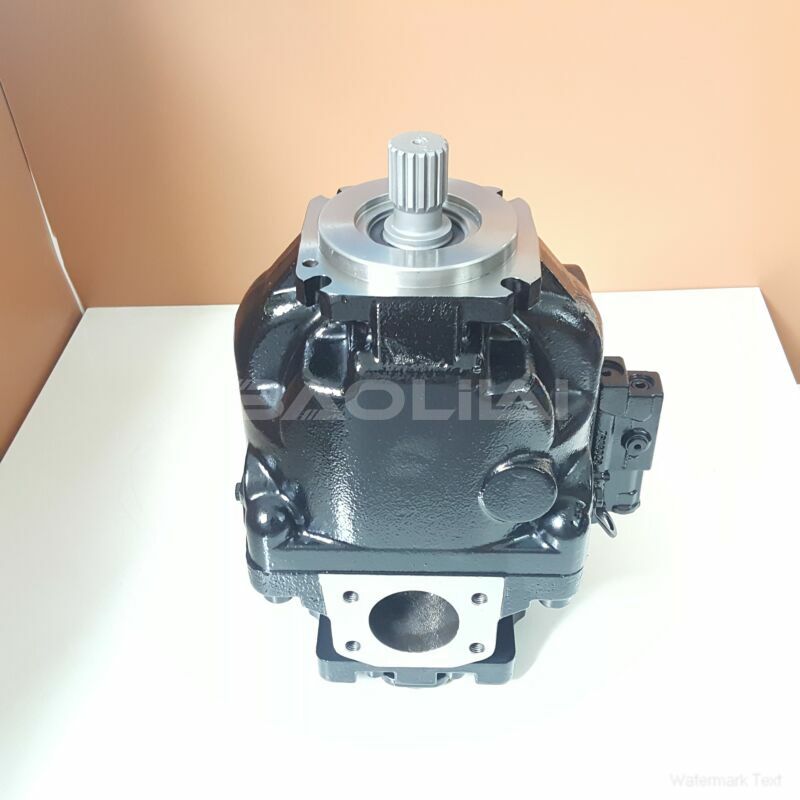ERR147CLS2620NNN3S1NPA1NAAANNNNNN danfoss pump
ERR147CLS2620NNN3S1NPA1NAAANNNNNN danfoss pump

- Product Details
- Applicable Scene
The applications of hydraulic pumps in fluid handling for large-scale operations are vast. They play an essential role in industries such as oil and gas, where they are used for drilling operations, fluid transfer, and injection processes. In the manufacturing sector, hydraulic pumps assist in operating machinery, moving stock, and managing waste fluids. Even in the pharmaceutical and food industries, hydraulic pumps help maintain consistent and controlled fluid flow in production lines, ensuring product quality and safety.
ER-R-147C-LS-26-20-NN-N-3-S1NP-A1N-AAA-NNN-NNN
ERR147CLS2620NNN3S1NPA1NAAANNNNNN
The advantages of using hydraulic pumps in fluid circulation systems are numerous. Firstly, they offer high efficiency, enabling the movement of large volumes of fluid with minimal energy input. This efficiency translates into cost savings and better resource management, which is crucial for large operations. Additionally, hydraulic systems can be designed to operate at varying pressure levels, allowing for flexibility in application and process design.

83020511
Moreover, hydraulic pumps require less maintenance compared to other types of fluid pumps. This reliability reduces downtime in large-scale operations, contributing to uninterrupted productivity. Furthermore, their capacity to handle a wide range of fluids, from water to viscous oils, makes them a versatile choice in numerous industrial applications.
In conclusion, hydraulic pumps are an integral component of fluid circulation in large-scale operations across various industries. Their diverse types and applications, coupled with their effectiveness and reliability, make them indispensable in ensuring efficient fluid handling. As industries continue to evolve, the role of hydraulic pumps will undoubtedly remain critical in maintaining operational excellence and ensuring sustainable practices.





